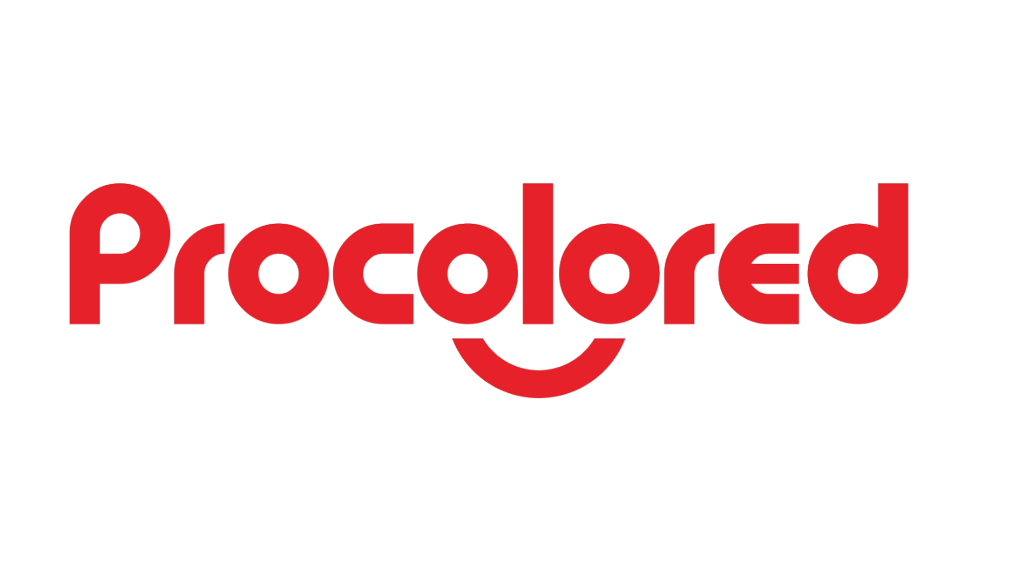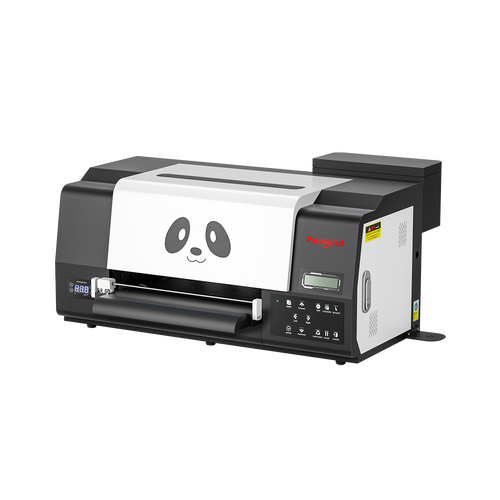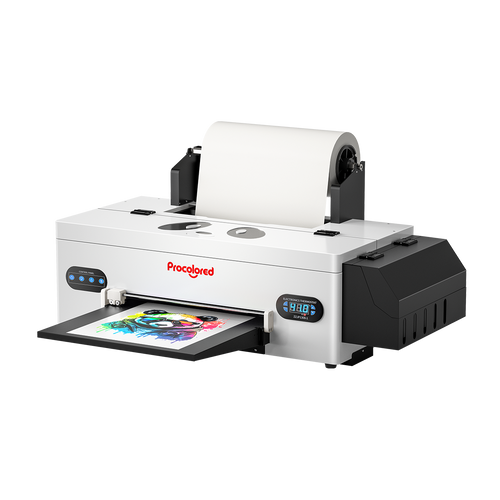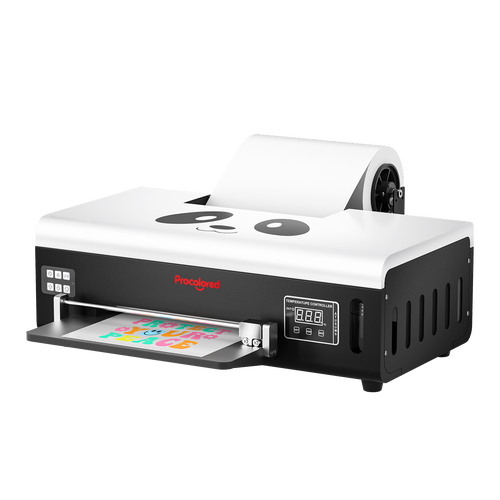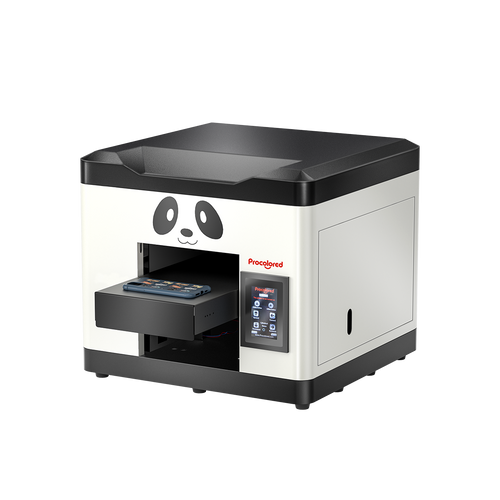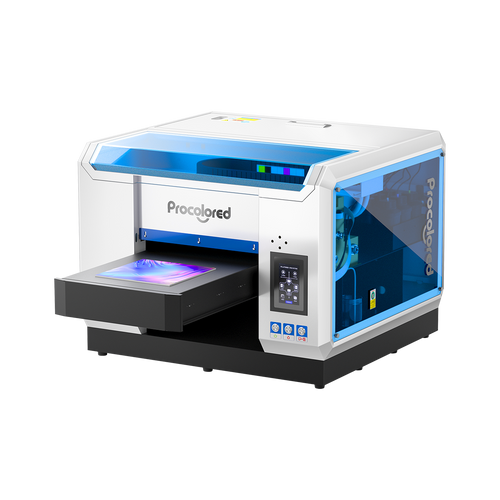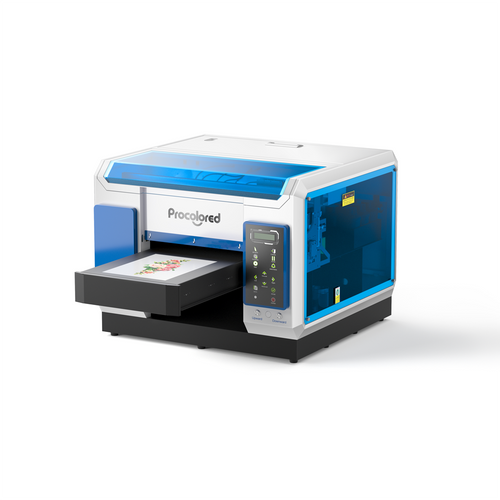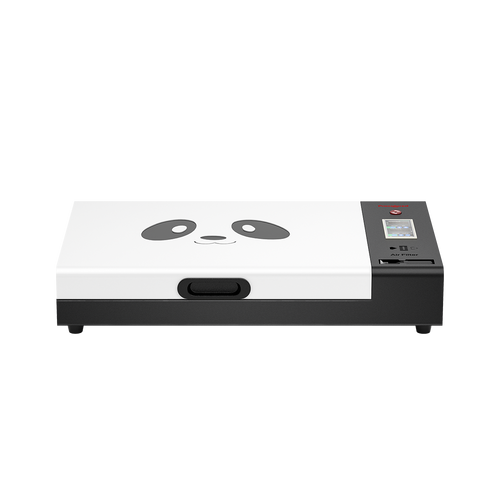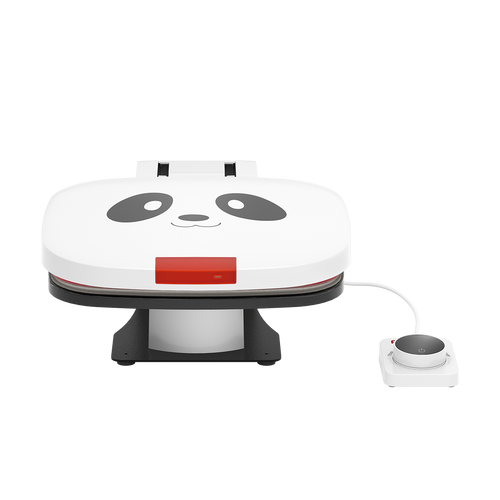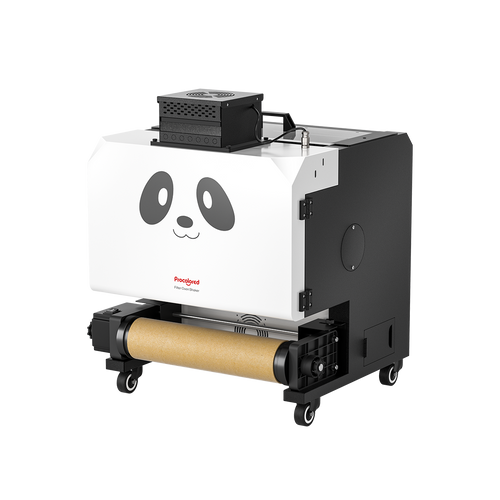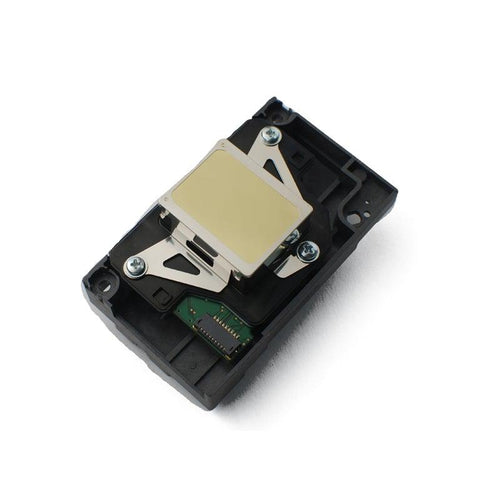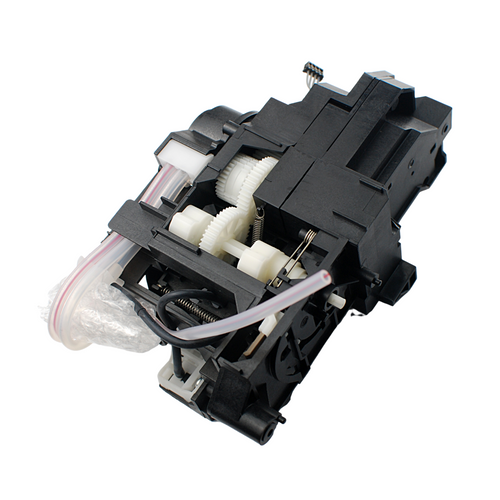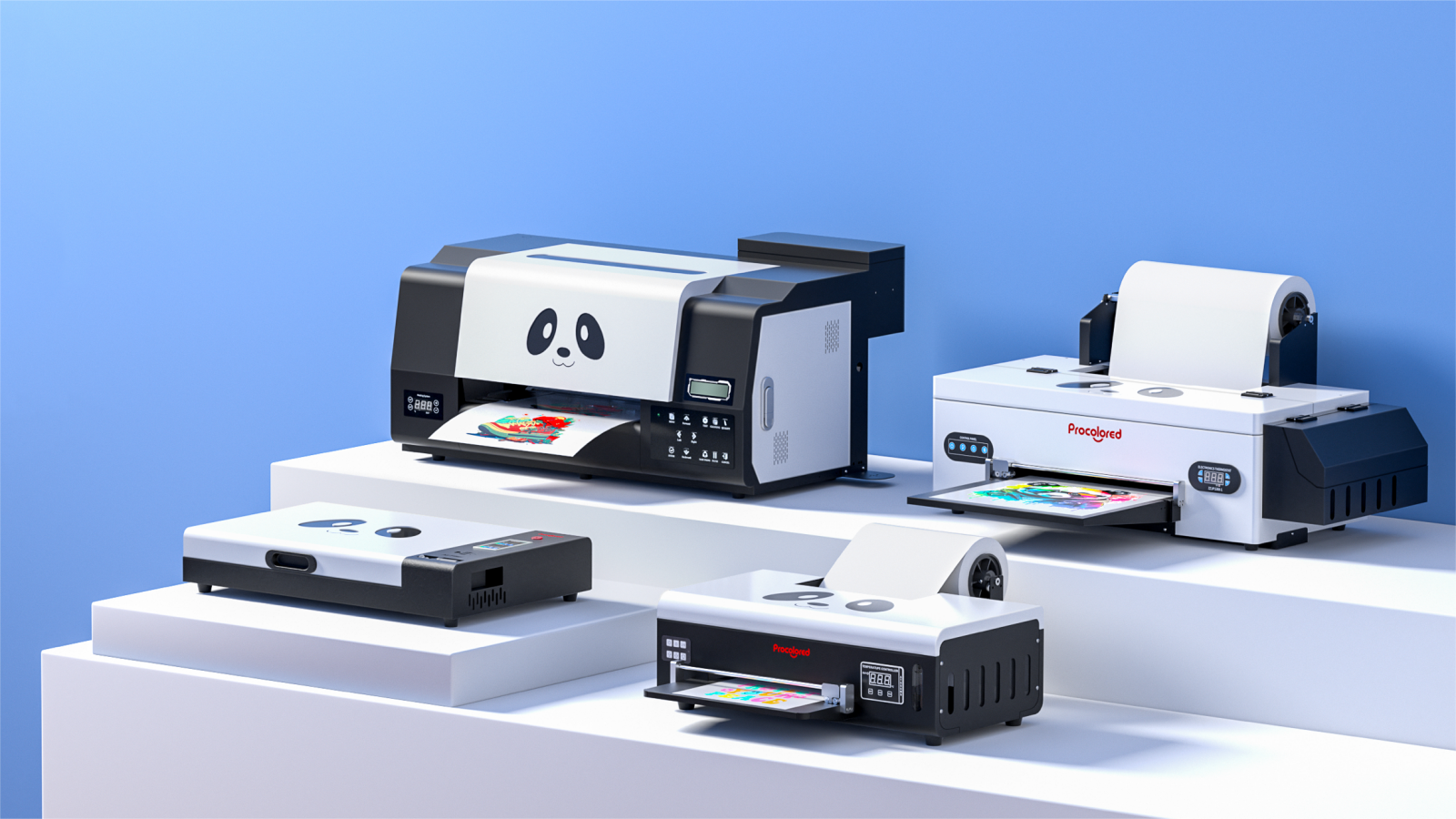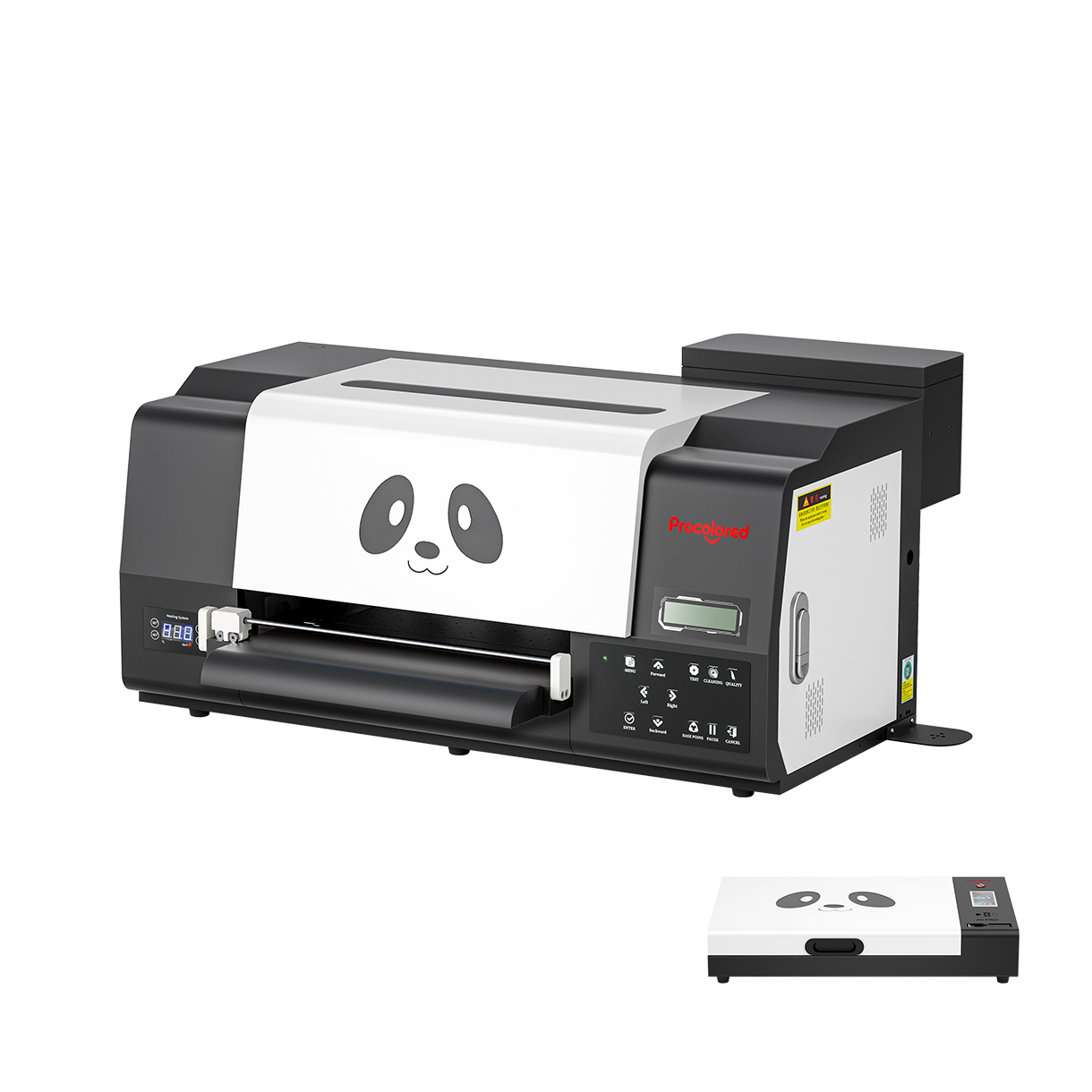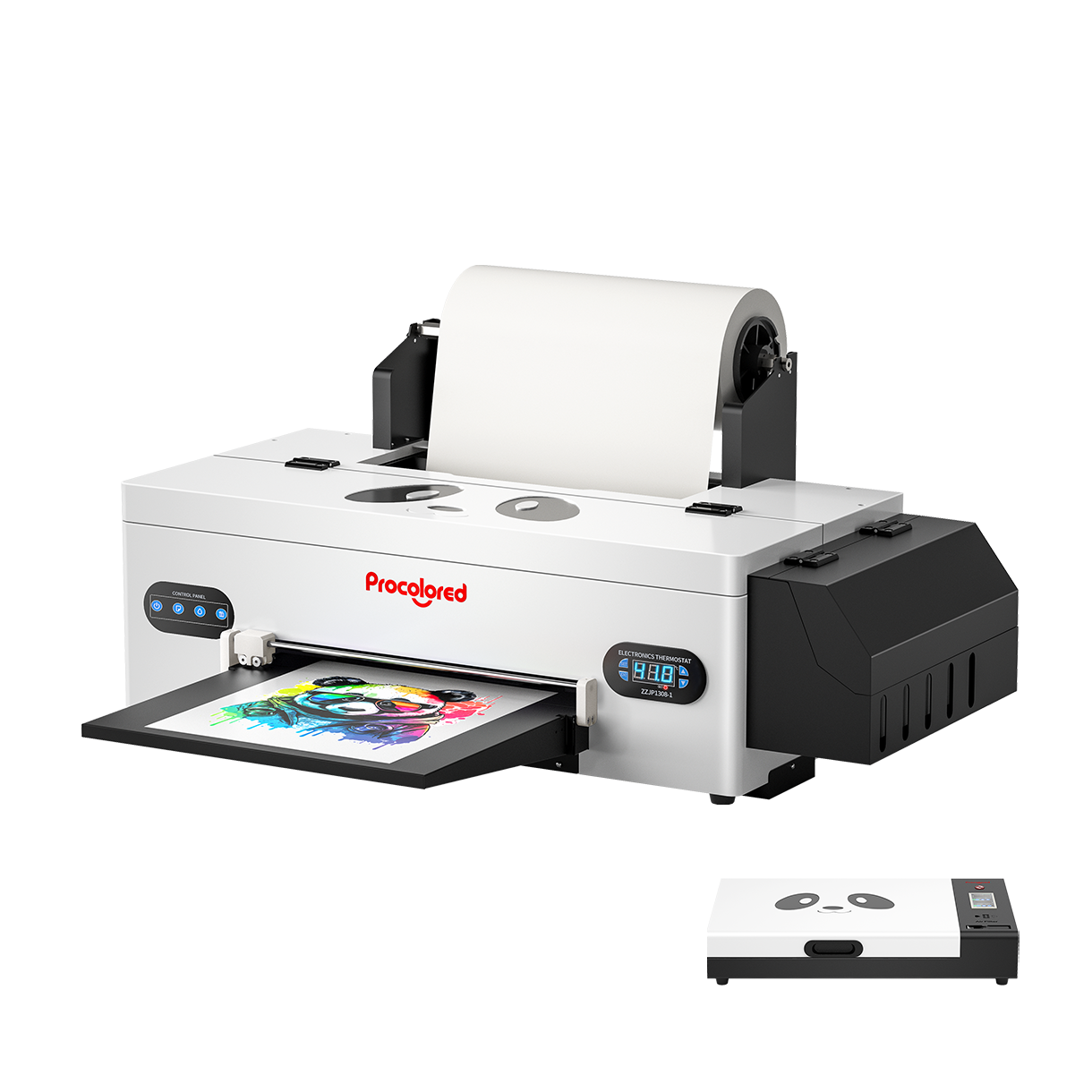Far away from Paris so the Olympics
will be out of your business?
Not necessarily! If you are running a printing business and always want to get involved in nationwide crazes, sports event can definitely be a niche to make your business thrive! Scroll down to delve deep into how to incorporate sports event into your DTF business.
PASSAGE SUMMARY
1. History of Sports Apparel
The concept of sports apparel dates back to the first Olympic Games in Greece in 1896. Though dress code wasn't uniform across all sports or nations at that time, most competitors wore sportswear like tunics or more contemporary clothing that provided a better range of motion to attend the event.
The Olympics dress code didn’t get standardized until the 1908 London Olympics. According to official report The Fourth Olympiad 1908 London, on page 404, competitors of the fourth Olympics had been asked to wear “sleeved jersey and loose drawers to the knees”, “and any competitor shall be excluded unless properly attired”.
Starting from the 20th century, with the development of televisions and live broadcasting , global and national governing bodies began to pay more attention on the patterns and colors of sports apparel, aiming to create a more memorable visual impression to audiences on-site or off-site.
To date, supported by mature production techniques and textile technology, the concept of sports apparel has been extended and now encompasses not only performance wear for professional athletes, but also athleisure wear for individuals, making sports apparel a spectacularly lucrative industry.

contemporary athletic sportswear at the 1896 Summer Olympics [Photo: Wiki Commons] (left)
traditional sportswear at the 1900 Summer Olympics [Photo: Popperfoto/Getty Images] (right)
2. Why Do Sports Apparel Print with DTF

diaphram from https://www.maximizemarketresearch.com/market-report/sports-graphics-market/148644/
According to the 2023 Global Industry Analysis and Forecast, sports graphic market was valued at $2.64 billion in 2022 and is estimated to reach $4.04 billion in 2024.
Among all the revenues on the 2022 sports graphics market, the most two were promotional products and sports apparel & accessories; among all the printing methods, digital printing methods including sublimation, DTG (Direct-to-Garment), DTF(Direct-to-Film) and vinyl printing ocuupied the biggest portion, and screen printing and embroidery both took up approximately equal part.
So why we recommend to experiment with sports wear print with DTF particularly?
2.1 More compatible fabric types
On today’s sports clothing market, to achieve better wearer experience via providing auxiliary functions like moisture and temperature adjustment, UV protection and breathability, most sports wear applies breathable, lightweight and durable fabrics including polyester, nylon, elastane and so forth materials.
Traditional printing methods being used in the past indeed present impressive printings on sports apparel, yet most of them gradually exhibit limitations due to technology constraints, say all print technology - sublimation, its printing effect is much poorer on nylon compared to polyester.
Emerging digital printing methods, instead, possess a wider compatible fabric range, DTF (Direct-to-Film) printing particularly. DTF printing can be applied on cotton, polyester fiber, wool, nylon, lycra, denim, silk and other fabrics.
2.2 Consumer preference
It’s hard to omit that our global community is witnessing a growing tendency towards widespread fitness craze. Encouraged by government initiatives, celebrity endorsements and overwhelming press promotion, there are increasing individuals and groups positively getting involved into sports events or fitness exercising, generating considerable sports wear demands, which tend to exhibit below requirements:
Style - Aiming to denote personal preference, or create a powerful image of their own team, or express strong affections and support to their sports heroes, individual consumers start to seek for sports wear with personalized attachments, and DTF printing is one effective way to do so.
Applying with specially interacted DTF inks and PET films, DTF printing can fix original colors to the fullest, presenting high-quality reproduction of personalized graphics.
Performance - Generally speaking, sports wear of high-profile sports events are always made by professional brands like Nike, Adidas or Columbia Sportswear, etc, and are modified with high-quality embellishments like patches, printing or embroidery by authorized plants or agencies, to maintain their performance-enhancing functions.
But today, even for amateur athletes or just fitness hobbyists, high performance of their sports wear has already been on top of their purchasing consideration. They want apparels that stand out with long-last personal marks, at at the same time remain breathable and lightweight - that’s exactly what direct to film transfer achieves.
POD (Print-on-Demand) - When it comes to sports wear industry, POD (Print-on-Demand) always refers to a business mode in which buyers place orders of sports apparel with personalized printings on. Due to its smaller order quantity and convenient transaction via e-commerce, POD has taken progressive large share on production market.
DTF printing is one ideal method of running a POD sports wear business - desktop-sized printing machines and equipment for small business; quicker processing time alleviating pressure from catching order deadline; easier printing operation and machine maintenance.
2.3 Low investment, considerable return
DTF printing exhibits the highest cost-efficiency compared to other mainstream printing methods, detailed as below:
Compared to DTG (Direct-to-Garment) and sublimation printing : DTF printing can be applied on fabrics of wider range, and can be achieved by printers in relatively favorable prices.
Compared to screen and vinyl printing : DTF printing involves much easier operations - no repetitive squeegeeing as screen printing needs; no complex trimming as vinyl printing requires. Moreover, DTF printing is much more eco-friendly in comparison of screen printing, which emits VOC(Volatile Organic Compounds) during the printing process.
Explore the best DTF printer for small business here!
3. Time to Incorporate Sports Event into Your DTF Business

customized sports wear with DTF printing, by Procolored user Familia Loera(left); Sanchez Luis (right)
Personalized sports wear is in great demand since it can be used for diverse purposes - for professional athletic training or competition, for individual fitness exercise, for company team building activities ...... Now that the 2024 Paris Olympics is around the corner, why not take it as a perfect chance to start your sports wear printing business for the Olympics fans and audiences!
Sports wear printing business encompasses a wide range of products, for instance, accessories like peaked hat, socks or elbow pads printing, apparels like hoodie, jersey or tshirt printing. Do some researches to understand your consumer’s anticipation and preferences first, then carefully select a reliable DTF printers, a market niche and logistics shipper. Ger more business start-up information here!
Sports industry is not a fleeting hype, it’s a dynamic and evergreen industry with great potential. Procolored would be honored to be your partners to start this business adventure!

About the Author - Simon
Simon has worked in inkjet printing industry for years. He has the rare ability to see print related issues from many perspectives. Witnessing the gradual development of digital printing especially inkjet printing, Simon knows better about what the users are looking for and how the new technologies will truly help big or small businesses.

About the Author - Simon
Simon has worked in inkjet printing industry for years. He has the rare ability to see print related issues from many perspectives. Witnessing the gradual development of digital printing especially inkjet printing, Simon knows better about what the users are looking for and how the new technologies will truly help big or small businesses.
Subscribe
To join our mailing list
and never miss our updates!
Subscribe
To join our mailing list
and never miss a baby update!
Subscribe
To join our mailing list
and never miss our updates!

